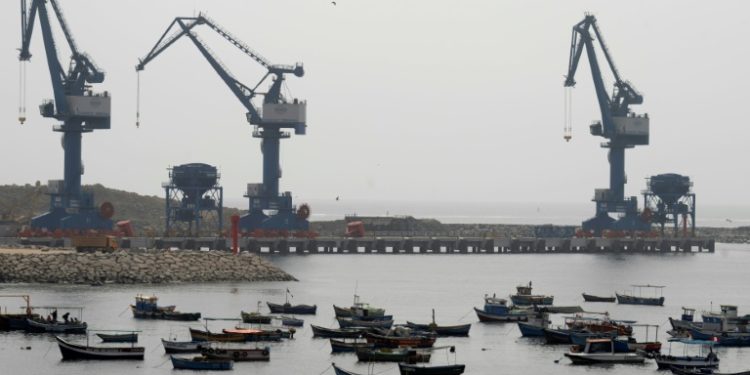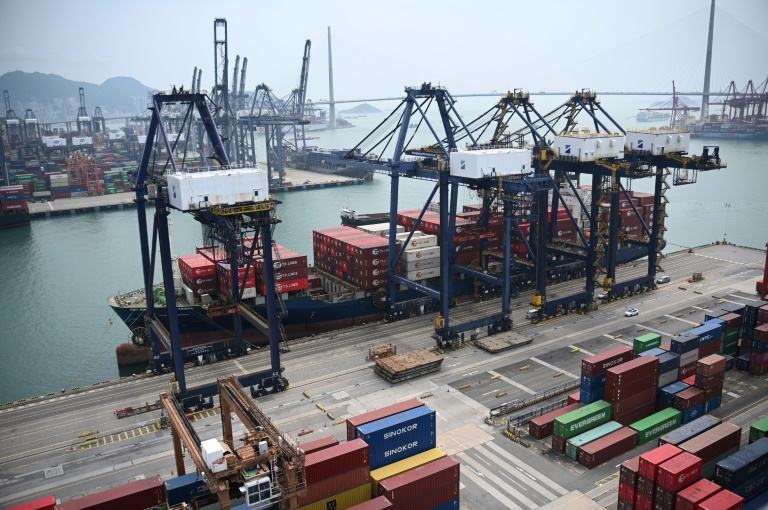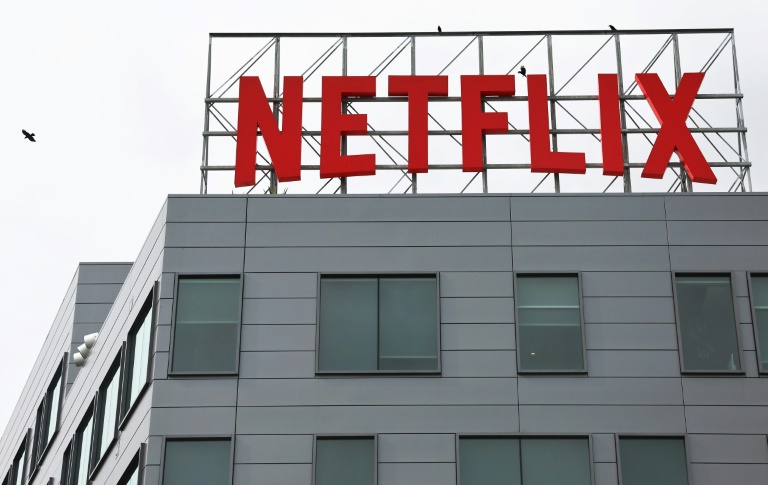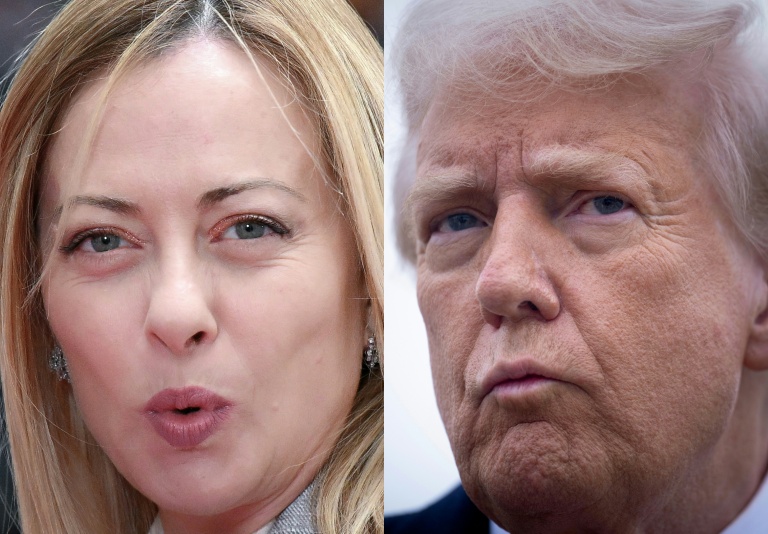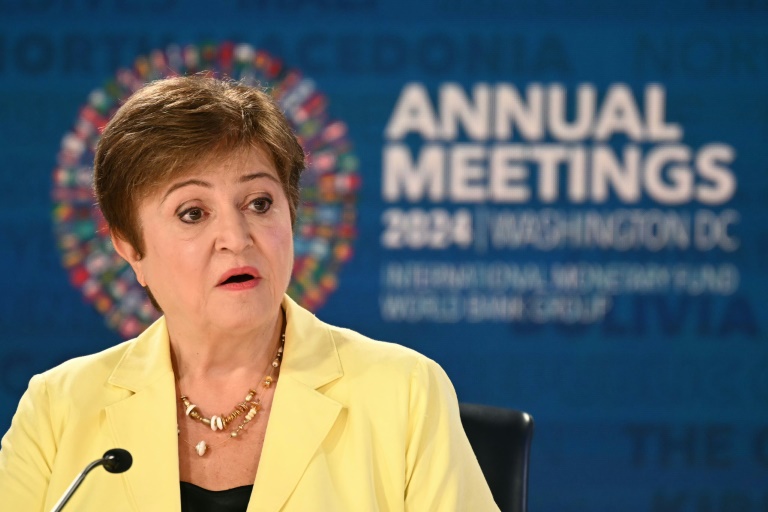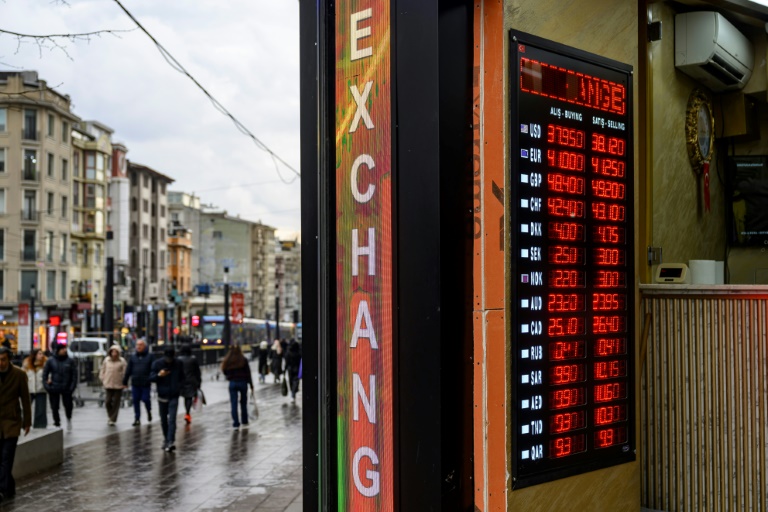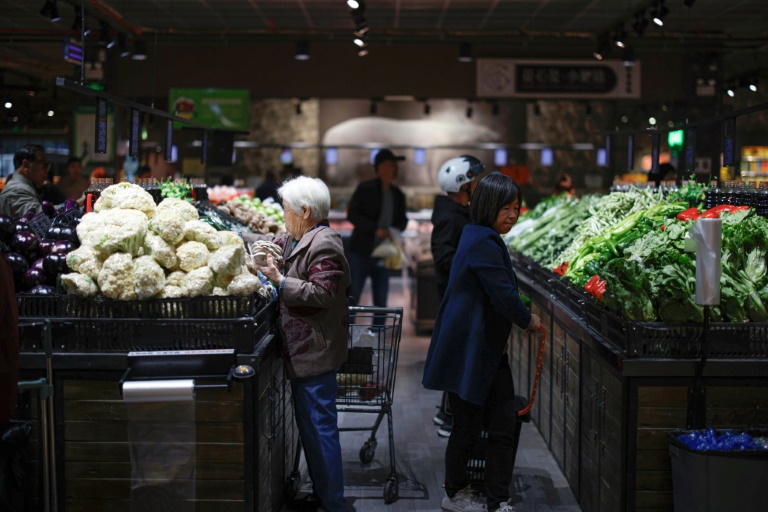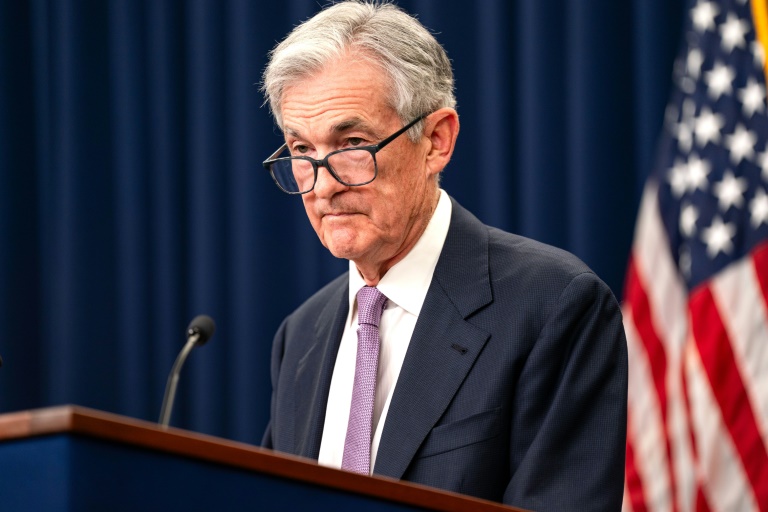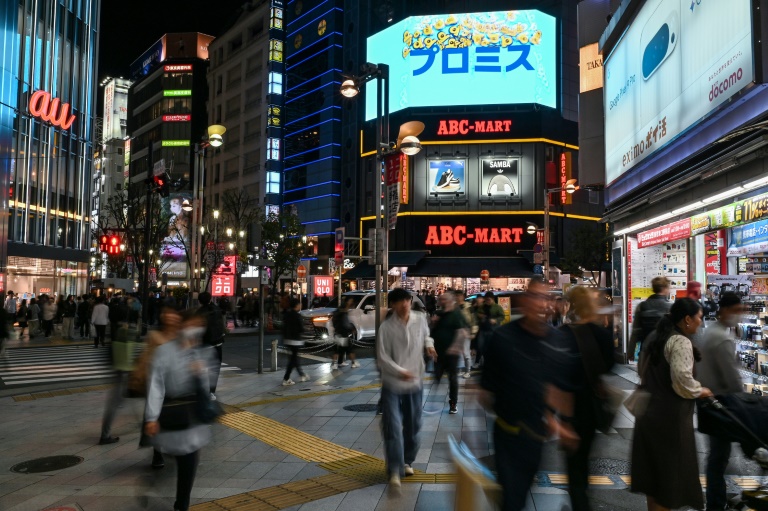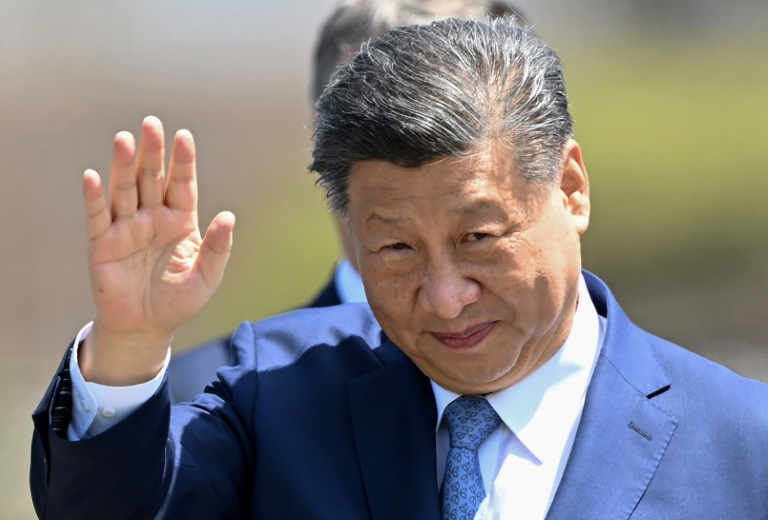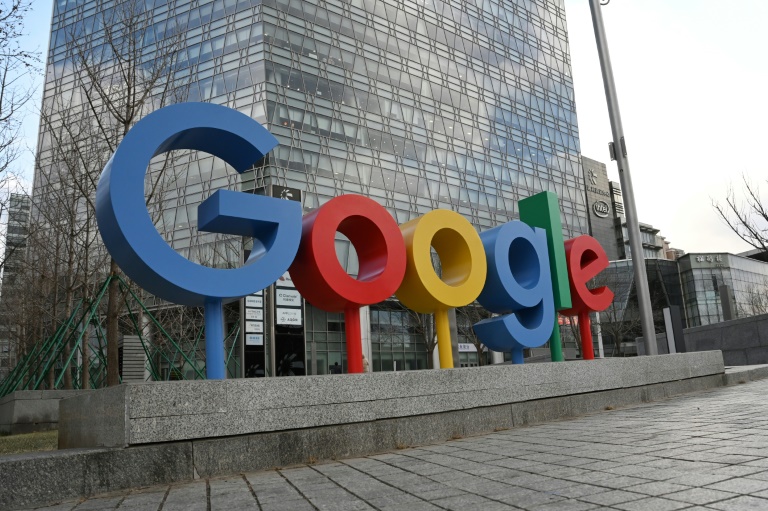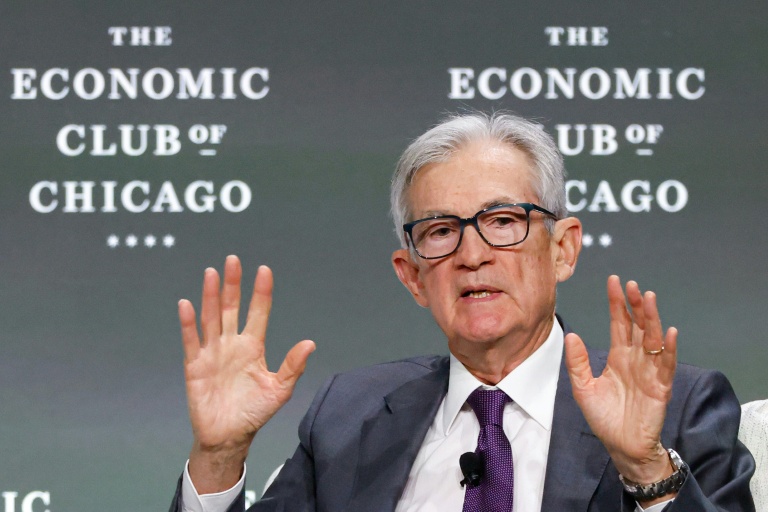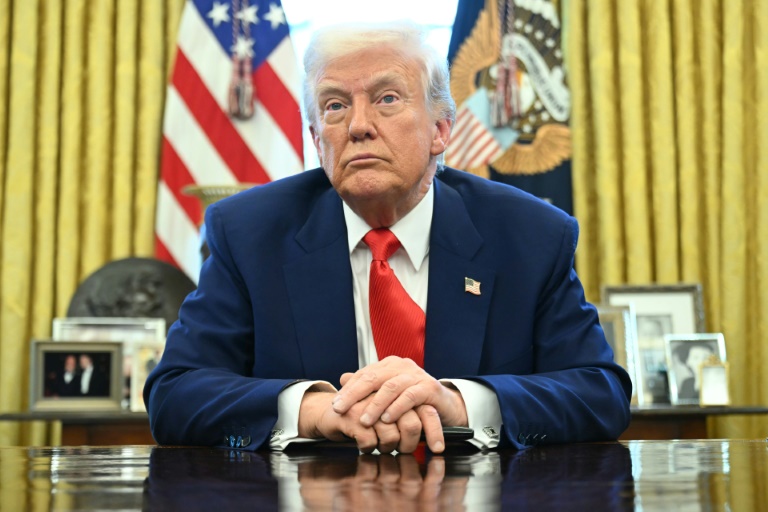Lima (AFP) – Chinese President Xi Jinping on Thursday inaugurated Latin America’s first Beijing-funded port in Chancay, Peru — a symbol of the Asian superpower’s growing influence on the continent as it prepares to face off with a new Donald Trump administration. The $3.5-billion complex, about 50 miles (80 kilometers) north of Lima, is meant to serve as a hub for Chinese trade as the country is under threat of major tariff hikes once Trump reenters the White House for a second term. The port was officially opened in a ceremony overseen virtually by Xi and Peruvian counterpart Dina Boluarte from Lima, where they will attend an Asia-Pacific Economic Cooperation (APEC) summit on Friday and Saturday.
“China plays a major role in the growth of our economy,” Boluarte said at the event, even as a US official warned Latin American nations should be vigilant on Chinese investment. “We believe it is essential that countries across the hemisphere ensure that PRC (People’s Republic of China) economic activities respect local laws as well as safeguard human rights and environmental protections,” Brian Nichols, the top US diplomat for Latin America, said in Lima. Xi, for his part, said the port would help “promote connectivity” between South America and China. “We are witnessing…the birth of a new land-sea channel between Asia and Latin America in the new era,” Xi said.
US President Joe Biden also arrived Thursday to attend the APEC summit in Peru, which Nichols described as a “crucial ally.”
Peru — one of Latin America’s fastest-growing economies over the past decade — is China’s fourth-largest Latin American trading partner, with bilateral flows of nearly $36 billion in 2023. Chancay port will also serve Chile, Colombia, Ecuador, and other South American countries, allowing them to skirt ports in Mexico and the United States as they trade with Asia. Chancay is the latest addition to a vast collection of railways, highways, and other infrastructure projects built under China’s massive Belt and Road Initiative to stimulate trade and boost Beijing’s political clout.
Hong Kong-listed Cosco Shipping Ports, which owns 60 percent of the port, has a 30-year concession to operate the terminal and has forecast it will handle up to a million containers in its first year of operation. Cosco Shipping Ports is a subsidiary of China’s COSCO Shipping Corporation. The port’s maximum depth is 17.8 meters (58.4 feet), allowing it to handle the world’s biggest container ships. Chancay, a fishing town of some 50,000 inhabitants, was chosen for its strategic location in the heart of South America. It is now expected to become a major hub for imports of Asian electronics, textiles, and other consumer goods and for the export of minerals — including lithium and copper.
Xi described the complex as South America’s “first smart and green port.” Once completed, he said, it will reduce the transit between China and Peru by more than 10 days and cut logistics costs by over 20 percent.
© 2024 AFP

